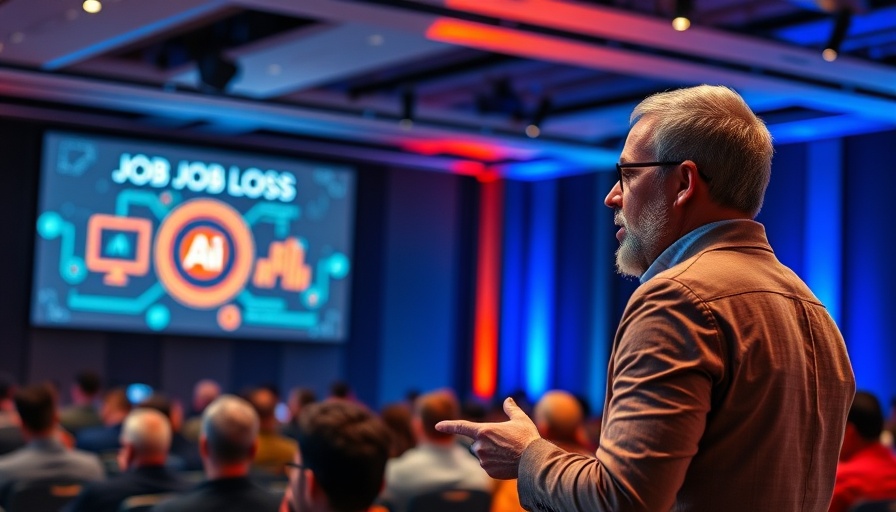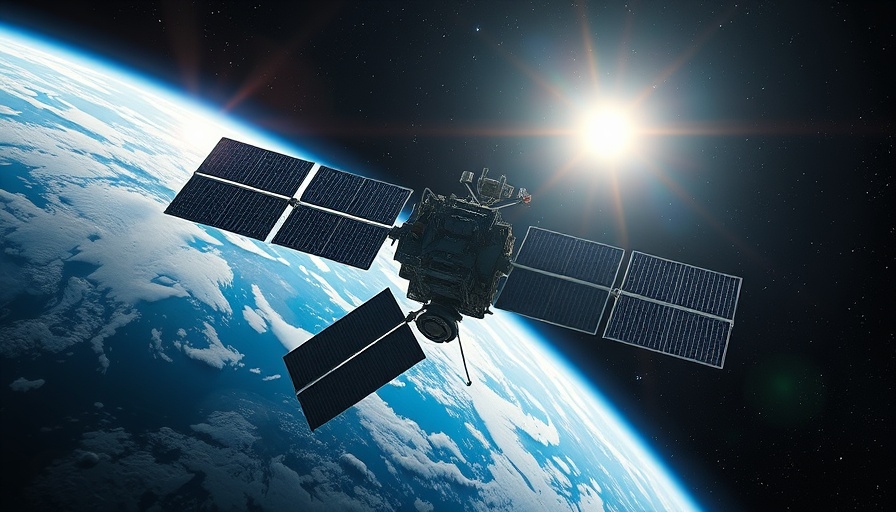
How AI Challenges Our Morals and Decisions
Artificial Intelligence is not just a conversation starter; it is a reflection of our values and ethics. In a world rapidly adopting AI technologies, we find ourselves facing moral dilemmas that require us to rethink what it means to be human. As the stakes rise, we must evaluate whether our technological advancements are enhancing the human experience or detracting from it. For instance, with the potential for AI systems to replace human jobs, a conversation arises about whether we risk creating a society that prioritizes efficiency over empathy.
The Implications of AI on Employment
One prevailing concern in discussions about AI is the threat it poses to jobs. Many industries in regions like Ontario are already grappling with AI job loss and layoffs, which have led to significant economic changes. The ripple effects of these job cuts extend beyond immediate unemployment; they influence local economies, community development, and social cohesion. As we delve into the topic of AI's employment implications, it is crucial to recognize that this transition could lead to valuable opportunities for grassroots sales and entrepreneurial initiatives that can help communities adapt. The key lies in balancing the rapid technological changes with the need for human connection and growth.
Future Predictions: Navigating the Unknown
As AI continues to evolve, predicting its trajectory remains challenging. However, many experts suggest that the next decade will witness a greater integration of AI in areas such as economic development and community service. By harnessing the power of AI to support local economies rather than undermine them, communities can turn challenges into opportunities for innovation and growth. For instance, encouraging the use of AI tools to foster collaboration within local businesses may cultivate a resilient economic environment that thrives on mutual support.
Common Misconceptions About AI and Employment
A prevalent myth surrounding AI is the idea that it will wholly replace human workers. In contrast, many experts argue that AI is more likely to transform jobs rather than eradicate them entirely. Understanding the nuances of how AI interacts with employment dynamics is essential for local economies. Addressing anxieties about job stability requires comprehensive education and retraining programs that empower workers to adapt to new technologies and enhance their skills.
Taking Action for Community Growth
Communities must strategize to harness the benefits of AI while mitigating its adverse effects. This journey begins with fostering dialogues around AI's impact, encouraging local innovation, and supporting businesses that leverage technology responsibly. Grassroots movements can play a pivotal role in uplifting community growth and ensuring that technology serves the populace rather than the other way around. By nurturing a culture of adaptation, towns and cities can transform potential threats posed by AI into real success stories.
 Add Row
Add Row  Add
Add 




Write A Comment